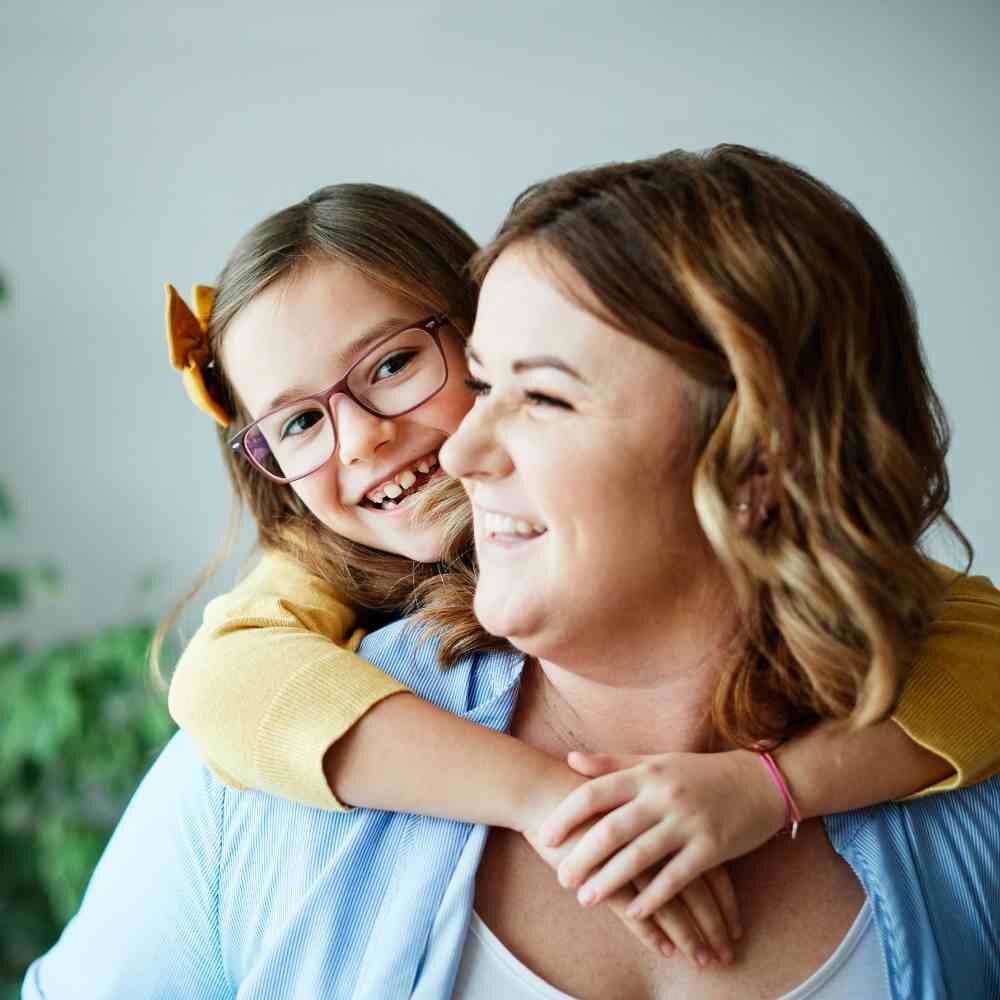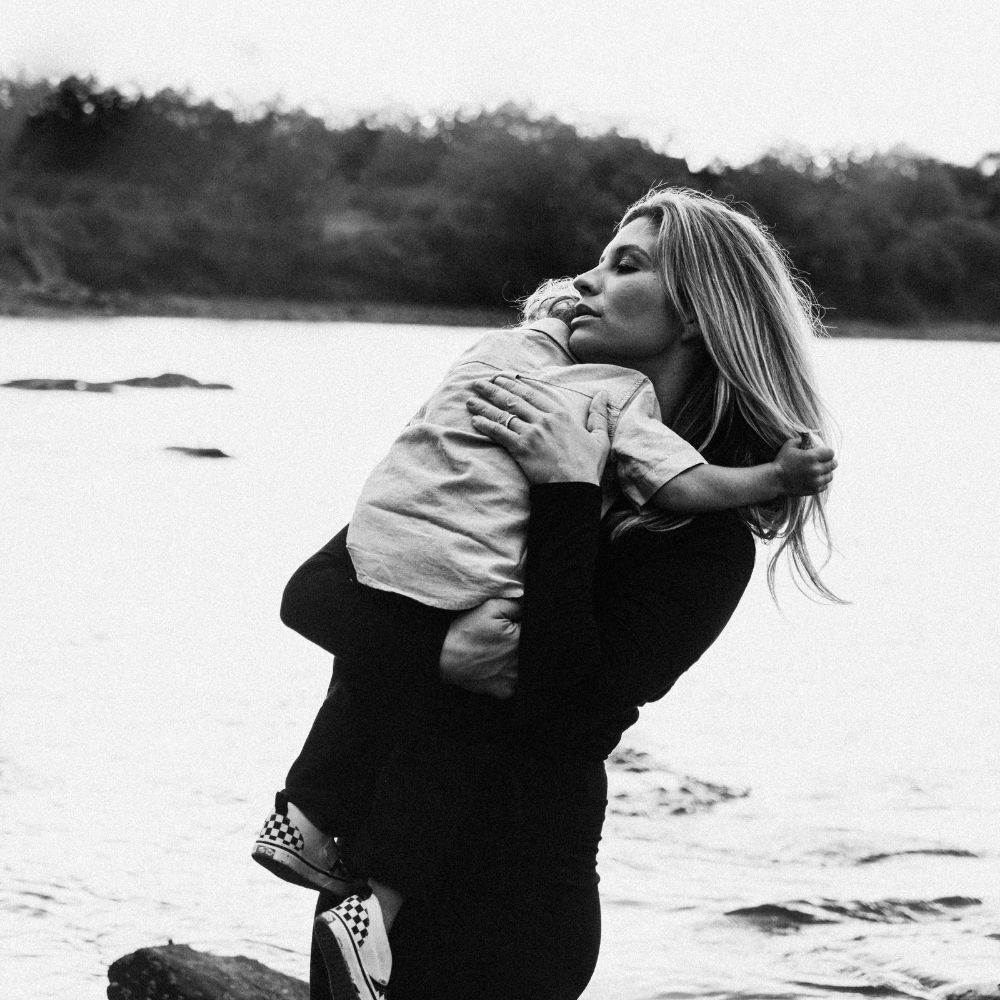| Contents: |
Fewer resources for big families
If there’s one reason why it makes sense to ask yourself why you want a big family or not, it’s a financial one. Indeed, in small families, children are more likely to become managers. Whereas in large families, this prevalence drops to 14%. 📚 This is explained by the fact that parents are less able to support their children financially. Another reason is the lack of school support due to the increased amount of homework for all the children.
Behavioral problems
The Washington Post has highlighted a study by 3 economists which explains that children from large families are less likely to develop properly. As part of the investigation, tests were conducted on children after each birth in the family. They showed that there was a loss of cognitive scores of 2.8 points with the arrival of each little sister or brother. This is symbolized by an increase in behavioral problems, such as children who hit or have trouble concentrating.
Increasing dissatisfaction
Three other researchers (Kohler, Behrman, Skytthe) from the University of Pennsylvania and Southern Denmark have drawn this conclusion: the more children we have, the more dissatisfied we are. In fact, the more children you have, the more “problems” you have (financial, educational, material, etc.). It’s also more complicated to find time for yourself as a parent. Therefore, a new child isn’t synonymous with happiness. ⚠️ Nevertheless, it doesn’t mean we’re saying that we love our children less when we have many of them!
Factors that influence big families
When we’re aware of all these difficulties and problems, we ask ourselves why we have big families? 50 years ago, it wasn’t always a choice. It was often an accident of fertility. Moreover, there was a social obligation to have children, now there’s a real choice.
➜ There aren’t necessarily concrete reasons, they’re more factors that influence the family model.
👨👩👧👦 Reproducing a model
When we’ve been part of a big family and have managed to find our place among our siblings, we tend to want to reproduce the same pattern. This is a phenomenon described by sociologists as “intergenerational reproduction of behavior”. There are positive aspects to having a big family that some people enjoyed during their childhood. We, therefore, reproduce the pattern we knew as children.
😔 Filling a gap
In contrast to the first point, people who want a large family may do so to fill a gap. In particular, because they were lonely during childhood. No jealousy of your sister or arguments with your brother, because these people were only children. This, combined with the absence of parents, means that these people above all don’t want to reproduce what they experienced and give their children a feeling of loneliness.
🏠 Social background
There are also socio-economic reasons that come into play. Depending on our social background, we’re more or less likely to have a big family. In general, families with many members are more often affected by poverty.
➜ According to Insee figures, 35% of couples with four or more children live below the poverty line. State aid can’t compensate for this lack of means, we’re far from the cliché of having children just for family allowances!
👨👦👦+👩👧 Reconstituted families
The structure of families is being changed by the explosion in the number of divorces. Admittedly, 21% of families have more than three children, but this is the case when the parents aren’t separated. The figure rises to 37% when families are reconstituted. The reason for this is simply that divorced parents go their separate ways. They, therefore, bring together children from different unions.
In addition, these new couples often want to have another child, which inevitably impacts the family composition.
You may be interested in this article >>> The 10 most common reasons for divorce
✝️ The weight of religion
It’s important to take religion into account. The more the couple is religious, the less unhappy the parents feel with a large family. Religious parents have more conventional values and family is cherished. Moreover, these couples are less aware of the mental burden, especially women, as it’s a traditional model that needs to be respected. As well as not stopping themselves from having children, which explains the larger families among religious couples.
👦👧 The desire to have children of both sexes
It’s not easy to deal with the deception after the baby’s sex is announced. Some parents want more than anything else to have a little boy or a little girl. So when you have several babies of the same sex, you hope for something else. First a boy, then a second, and then a third boy! It’s normal to want a girl in this case (or conversely, a boy).
🍼 This pushes the parents to try again to be able to have the much-desired girl or boy.
Having a large family, each to their own
Those who live in a large family, or even the parents, may not necessarily be aware of all these factors. Happiness and vitality shine through in many large families ❤️! Children are more responsible and independent, they experience more being than having or appearing. In some homes with many children, there’s a real family unit, which is why there are people who want to have a family with four or five children, or even more!
No rationality in having many children
Between the desire to fill our lives, social pressure, and even animal instinct, different things push us to have a large family. Some people don’t want children, others do, and lots of them do! Everyone can make the choice they want.
➜ There aren’t necessarily specific reasons for having children, but there can be determining factors depending on our personal desires, our family histories, our origins, and our beliefs...
Today, having children is a choice, but it isn’t necessarily more rational as we’re not always aware of our motivations deep down 😲.
Editor’s note: The bottle doesn’t matter as long as we’re drunk!Big family or not, all that matters is finding your happiness and your family pattern. If your relationship with parenthood is complicated, if you have any questions and if this is preventing you from doing certain things, then you shouldn’t hesitate to make an appointment with a psychologist in order to take stock. 🤗 Understanding yourself, accepting yourself, being happy... It’s here and now! #BornToBeMe |
Be sure to read these articles too;














Did you like this article?
Want to know more 🤔 ?
Write directly to the authorLaurenHart !
Ask Lauren a question
Want to share your thoughts? Leave a comment